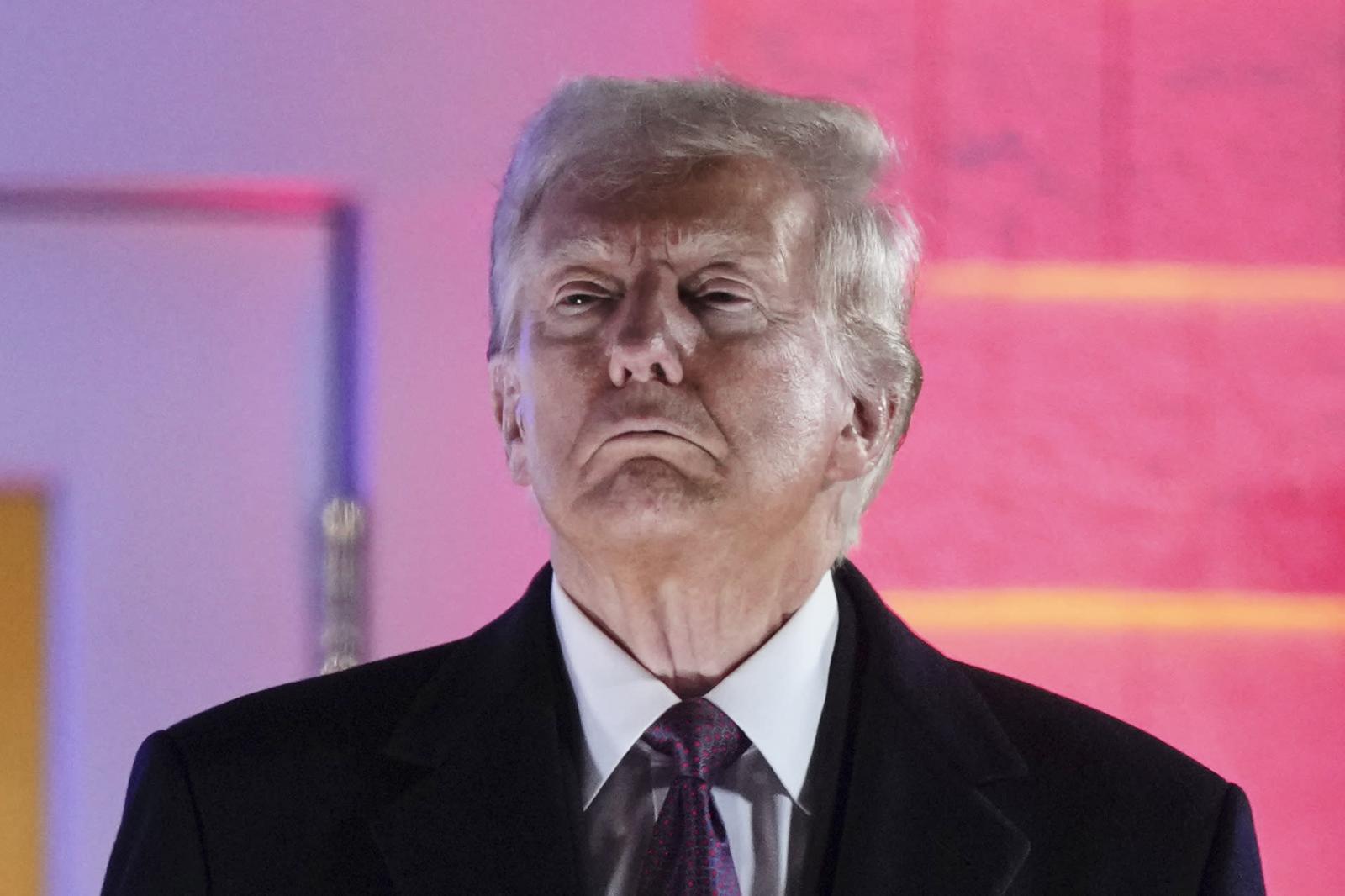The development of models and tools for greater and more effective data sharing is currently one of the main objectives of researchers. The pooling of data and knowledge will certainly foster progress and help promote more rigorous and and transparent scientific practices. And not only that! Everyone, from individual citizens to institutions, can benefit from the advantages offered by this revolution.
Despite these advantages and potential developments, there are, however, some important yet unanswered questions
- Is there a general consensus on the meaning of Open Science?
- In light of the incessant change in the processes and models for the production of scientific knowledge, is there any aspects that could lead us to reconsider the current definition of Open Science?
- Haw can Open Science and Open data bridge the gap between science and society?
- What are and how can we overcome the social, ethical and legal obstacles that hinder the achievement of sustainable data sharing, and what role may the new communication technologies play in this respect?
The meeting Scientific data sharing: an interdisciplinary workshop, to be held in Anagni from 2 to 4 September 2013, is an opportunity for some of the leading international experts on Open Science e Open data to find answers to these questions. This initiative is also intended as a meeting opportunity between scientists and citizens, in which the latter may not only discover aspects of scientific practice that are rarely covered by traditional communication channels, but also offer their opinions.
The key feature of this workshop is its interdisciplinary approach. Sessions and speakers were selected with the belief that this type of issues require an exchange of views among scholars who, while engaged in different fields, share the desire to promote an open and transparent science.
The conference will be organized in four sessions:
- Open data for Open Science will cover the epistemological foundations of Open Science, with a particular focus on the principles of Open data and the impact of new technologies on the dissemination of scientific knowledge;
- Data sharing in the scientific practice: experiences from different research fields, which will include presentations of empirical analysis of scientific data sharing practices in various research fields (archeology, biodiversity, biomedicine, genetics and genomics, psychology);
- Challenges for data sharing in human Biosciences will focus on social, ethical and legal barriers to the sharing of data produced from studies involving humans and ways to overcome them;
- Intelligent data openness will be devoted to the transition from data sharing to data openness. At the end there will be a round table Six questions to understand Open data in which the speakers will be asked to provide their point of view.
The conference program includes the participation of Italian and foreign experts: Geoffrey Boulton, Alvis Brazma, Jennifer Molloy, Neela Enke, Jelte Wicherts, Catherine Heeney, Jorge Contreras, Silvia Bencivelli, Andrea Cerroni, Bernardino Fantini, Ilaria Fava, Roberto Lattanzi, Daniela Luzi, Deborah Mascalzoni e Fabio Parenti.
If you are
interested in attending the workshop, you can do so by registering at no cost using
the on-line form
Web site: Opening Science to Society



